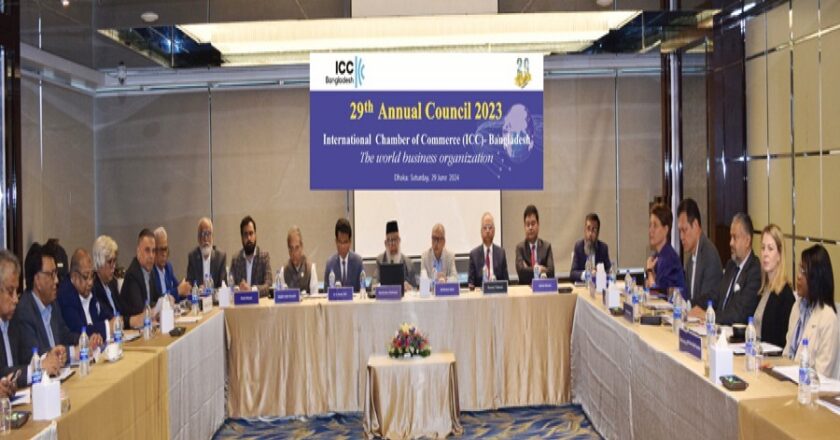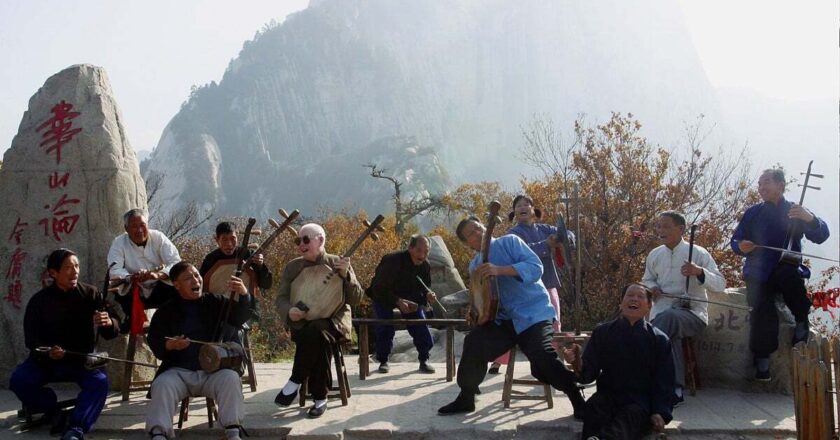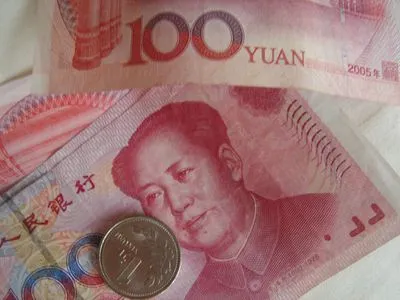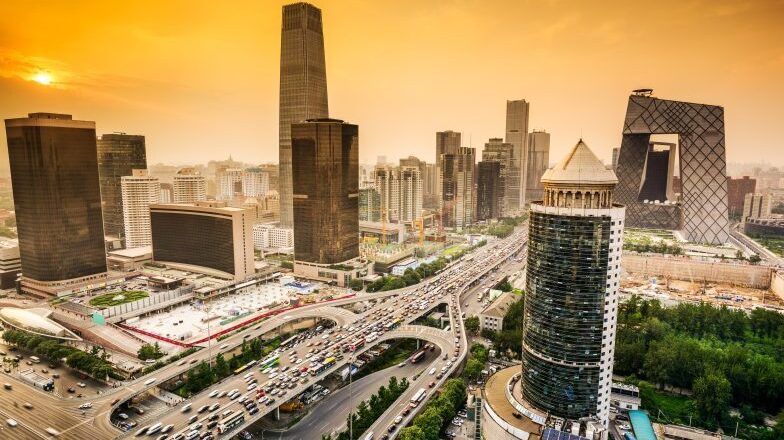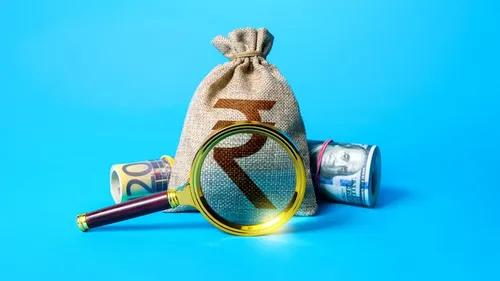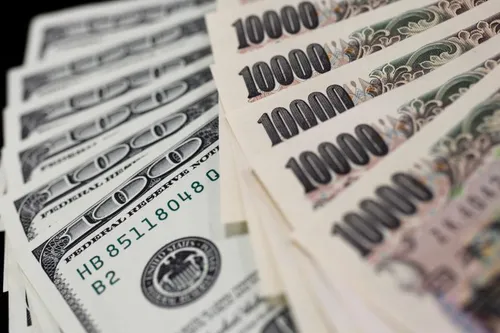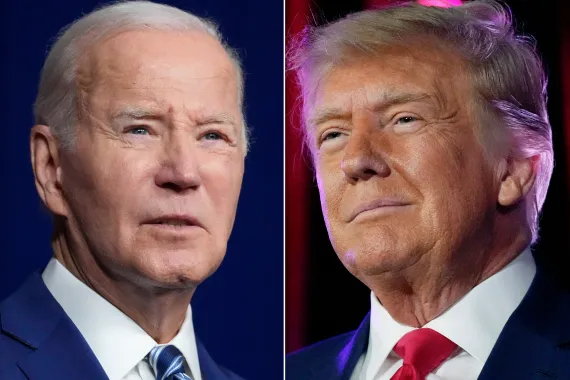Review of climate-related financial disclosure regimes around the world
1. Australia
On 27 March 2024, the Australian Government released the Treasury Laws Amendment (Financial Market Infrastructure and Other Measures) Bill 2024 (Cth) (Bill) outlining the implementation of the country’s proposed mandatory CRFD regime. The Bill contained only minor amendments to the original exposure draft developed by the Treasury at the start of 2023. The Bill is currently before Parliament, where it has passed the Lower House without amendment and is expected to pass the Upper House by the end of June or early July 2024.
It is proposed that the reporting requirements will be phased in over the next few years across three groups of corporations. These groups will be determined based on whether companies meet at least two of the three criteria pertaining to re...
